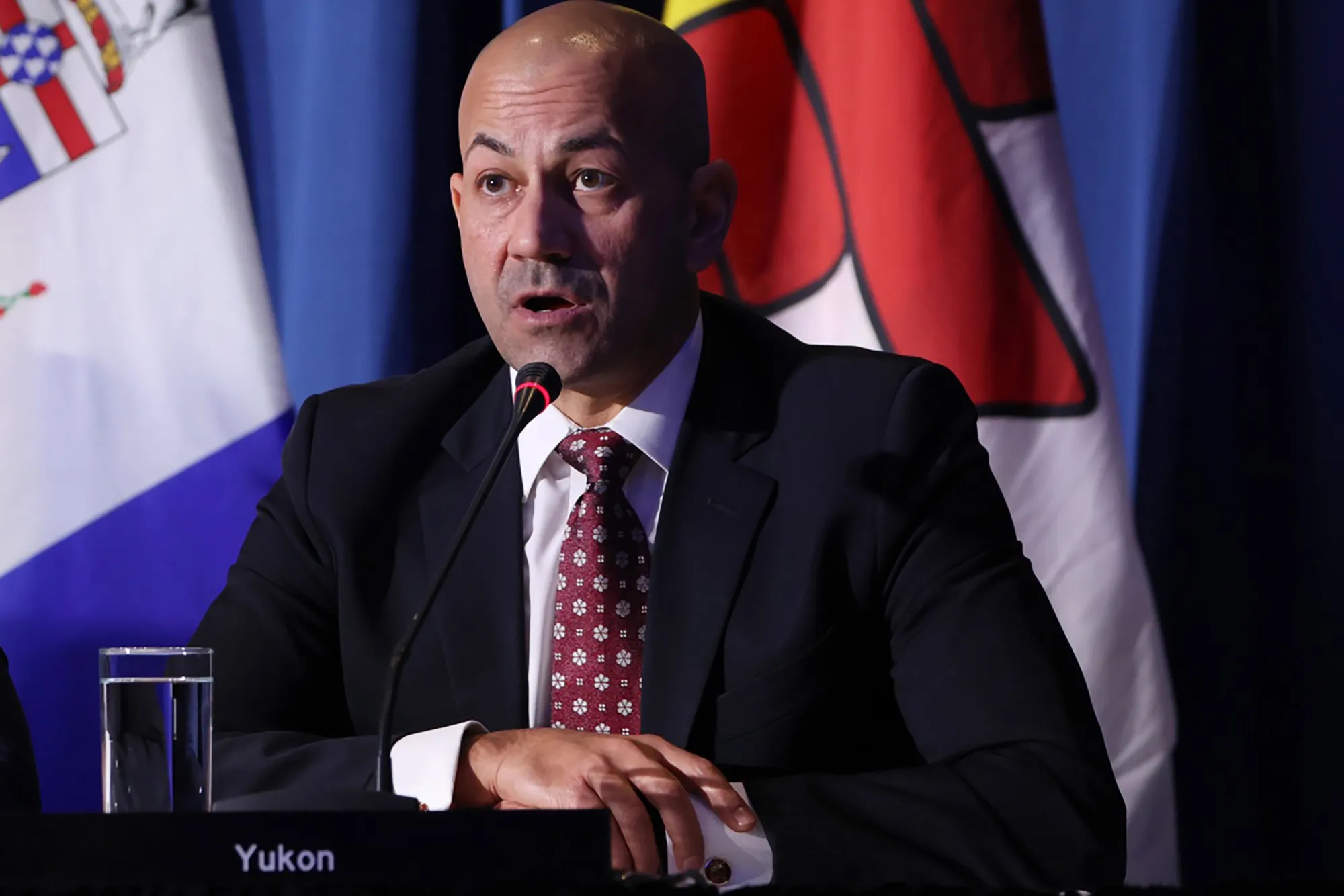Turkey’s Central Bank Holds Rates Steady, Hints at Continued Tightening

Turkey’s central bank has extended its interest rate pause for a seventh consecutive month, keeping the one-week repo rate at 50%. However, the bank’s statement accompanying the decision signaled a more hawkish tone, emphasizing “uncertainty” surrounding the pace of inflation improvement, Bloomberg reports.
The Monetary Policy Committee (MPC), under Governor Fatih Karahan, held the rate steady, aligning with the predictions of most economists in a Bloomberg survey. Only one analyst had anticipated a cut.
The MPC highlighted a slight increase in underlying inflation in September, while maintaining its forecast of improved services inflation in the final quarter. However, the statement emphasized “uncertainty regarding the pace of improvement in inflation,” citing recent data.
This shift in tone follows a softening of the central bank’s stance on potential rate reductions last month, which had led economists to anticipate a possible cut in November. However, higher-than-expected September inflation figures have prompted analysts to revise those forecasts to January.
The central bank’s decision is likely to reinforce these predictions. The bank’s rate-setting decisions are largely guided by two key factors: a sustained slowdown in monthly price growth and improved inflation expectations, particularly among businesses. Governor Karahan recently acknowledged that Turkey has “some distance to go” in meeting these criteria, with September’s monthly price increases exceeding official forecasts.
Despite a slowdown in headline inflation, the central bank’s preferred gauge of seasonally-adjusted monthly inflation has remained around 3%. Deputy Governor Cevdet Akcay indicated last week that the bank will maintain a tight monetary policy until the underlying trend of monthly inflation stabilizes at a sustainable level.
While President Recep Tayyip Erdogan authorized a comprehensive economic policy revamp last year, investors remain concerned about his commitment to maintaining high interest rates, considering his past preference for a growth-centric approach.
Erik Meyersson of SEB AB, anticipating the central bank’s decision, argued that underlying inflationary pressures justify keeping rates at 50% for the remainder of the year, citing slow progress in inflation. However, he suggested that a rate cut might occur before the end of 2024 due to “implicit political pressures.”








